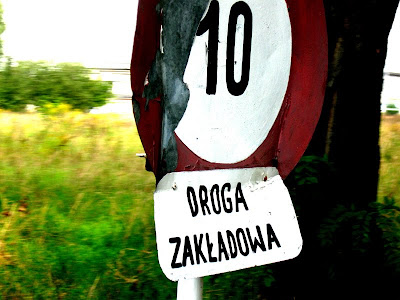
The director of Le Havre, Aki Kaurismäki
The film, shot in French, counts in the cast with two fellow countrywomen of Kaurismäki, the actresses Kati Outinen and Elina Salo, veterans of the Kaurismäki cinema, who have acted in several of his previous films, as The man without a past (2002) or The match factory girl (1990). The main character, Marecel Marx is played by the French André Wilm, who takes the risk to help an African boy who escapes from the police because his crime is to walk free in the streets of Europe. Kati Outinen plays the role of Arletty, the wife of Marcel Marx. Arletty speaks with a strong foreign accent, which she probably exaggerated by the wish of the director. However, Arletty's accent joined to the fact that she says all the sentences like learned by heart and with a very serious face can make of her quite comic or surrealistic to the eyes of the native French-speakers.
 Le Havre had its premier in Finland a week ago, the 9th September. Translating is always a difficult task and seems to be common that the translators consciously or inconsciously tend to stilisice the original textes when translating. This sometimes brings even to distorsions of the content. This seems to happen in the Finnish subtitles of Le Havre by the substitution of the French term 'inmigrant' by the one of pakolainen (refugee) when translated to Finnish. The difference of meaning is considerable. According to the most of Finnish media Kaurismäki's film is a critic about the situation of the refugee, however at least the original French version doesn't seem to speak about that but about the even larger phenomenon of immigration.
Le Havre had its premier in Finland a week ago, the 9th September. Translating is always a difficult task and seems to be common that the translators consciously or inconsciously tend to stilisice the original textes when translating. This sometimes brings even to distorsions of the content. This seems to happen in the Finnish subtitles of Le Havre by the substitution of the French term 'inmigrant' by the one of pakolainen (refugee) when translated to Finnish. The difference of meaning is considerable. According to the most of Finnish media Kaurismäki's film is a critic about the situation of the refugee, however at least the original French version doesn't seem to speak about that but about the even larger phenomenon of immigration.The Finnish term pakolainen refers to the person who scapes from his country because of a horror which threatens his life, usually a war or a political persecution. An exact similar term in fact doesn't exist in English or French, and the term refugee (in French réfugié) or asylum seeker would be the closer matches. As the translator of Le Havre worked also in the production of the film itself, it is also possible that Kaurismäki expressed her -to the translator- his wish to change the term inmigrant in Finnish by that of the person who scapes forced by a thread (pakolainen) to underline the misfortune that such situation suposes to the people who are on it. We will have to ask Kaurismäki personally.

 Barriers
Barriers
 Colour between grey
Colour between grey





 Dirty play
Dirty play